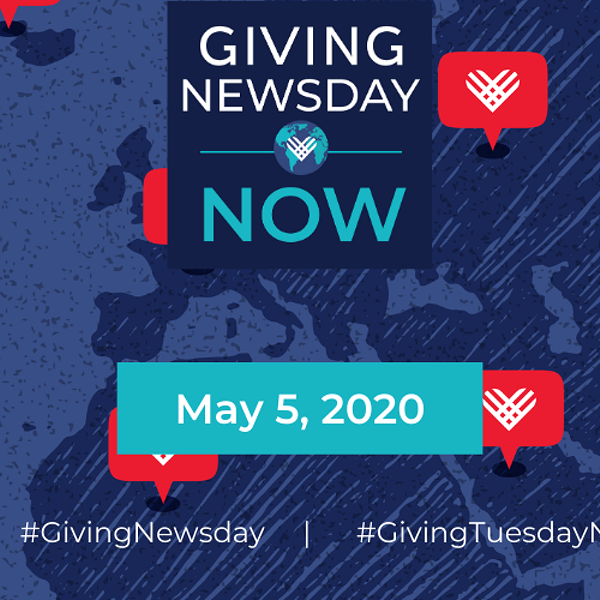RM: The point is, in this case, supply created demand. Demand didn't create supply. So it's a very complex relationship. And one other point on this, and this is crucial too. Even to the extent our personal tastes are important in media, what we consume should not be the sole determinant of what a media system should be. There are lots of things on the air I don't watch, but I think they should be there. I'm in favor of having a broad, diverse media system, broader than my own taste, and I don't think my own taste should be a determinant of what goes up there. I think there should be a space in our media culture for stuff that doesn't have an automatic market - so you can develop a taste for it. Where new ideas can prosper that wouldn't survive if they had to meet market tests the first time out of the chute. And when we think about media policy, it is really critical that we have that sort of vision and opening for new ideas, new genres, and new talents.
BKM: In your book you mention some ideas for a more democratic media system. You write: "Such a system would necessitate a large, well-funded, structurally pluralistic and diverse, nonprofit and non-commercial media sector, as well as a more competitive and decentralized commercial sector." Can you briefly sketch what such a system would look like?
RM: The starting point is really a non-denominational, non-partisan position. The first thing - media ownership, antitrust, anything dealing with copyright - all these core government policies that construct our media system have to be subjected to informed public participation. If the vast majority of the people after informed debate say, "We really like the idea of one company owning all the radio stations in the country and having robot disc jockeys and being bombarded with 20 minutes of ads an hour - we think that's a great idea." I'll live with it. I won't like it, but I'll live with it. Understand that the premise of [the media reform] movement was to democratize the policy-making process. Once we have that debate there are really two core components. First, to the extent we have a commercial media system, we should strive to have policies to make it as competitive as possible. This means having more voices rather than fewer, and as much local and decentralized ownership as possible. It means having local owners for local media is better than having distant conglomerate owners for local media and having concentrated ownership. Now, this is a complex issue. There are some types of media that may never allow themselves to be locally owned and have tremendous competition, like film studios, where the capital requirements are so high. We have to understand that and factor that in.
Radio, for example. There is no economic justification for the degree of concentration our rules currently permit, where one company, Clear Channel, is entitled to own well over a thousand radio stations around the country - to the point where the person who owns the company couldn't name three quarters of the stations that he owns. It was pure corrupt politics in Congress that allowed the ownership rules to be relaxed so that one company could own so many stations. Because of that, the value of radio stations has shot way up cause they're worth much more as part of these massive empires than when they were stand-alone. But the actual cost of production of radio is so low, there's no reason why you couldn't have individual radio station owners for every single station in the country. And you could have local owners for all of them. An enlightened policy would lead to that in radio and would never allow this [level of ownership] concentration. So those are the crucial values I think we want in our media at the ownership level.
We also need to be very concerned about conglomeration. There is no justification, from the public's perspective, of the sort of conglomeration which is now routine for the largest media companies of film studios, magazine companies, book publishing, newspapers, radio divisions, television divisions, networks, the whole works. These companies might make a lot of money because they own these huge empires, but there's no clear evidence that it's necessary economically, or that the economic benefits ever go to the general public. They go to the owners. It gives them more monopoly power. At the same time, even more competitive, locally owned commercial media markets still have deep flaws - what economists call "externality". They're far too dependent on advertising and commercialism for influencing the nature and content of their operations.
















